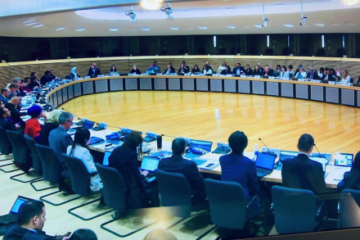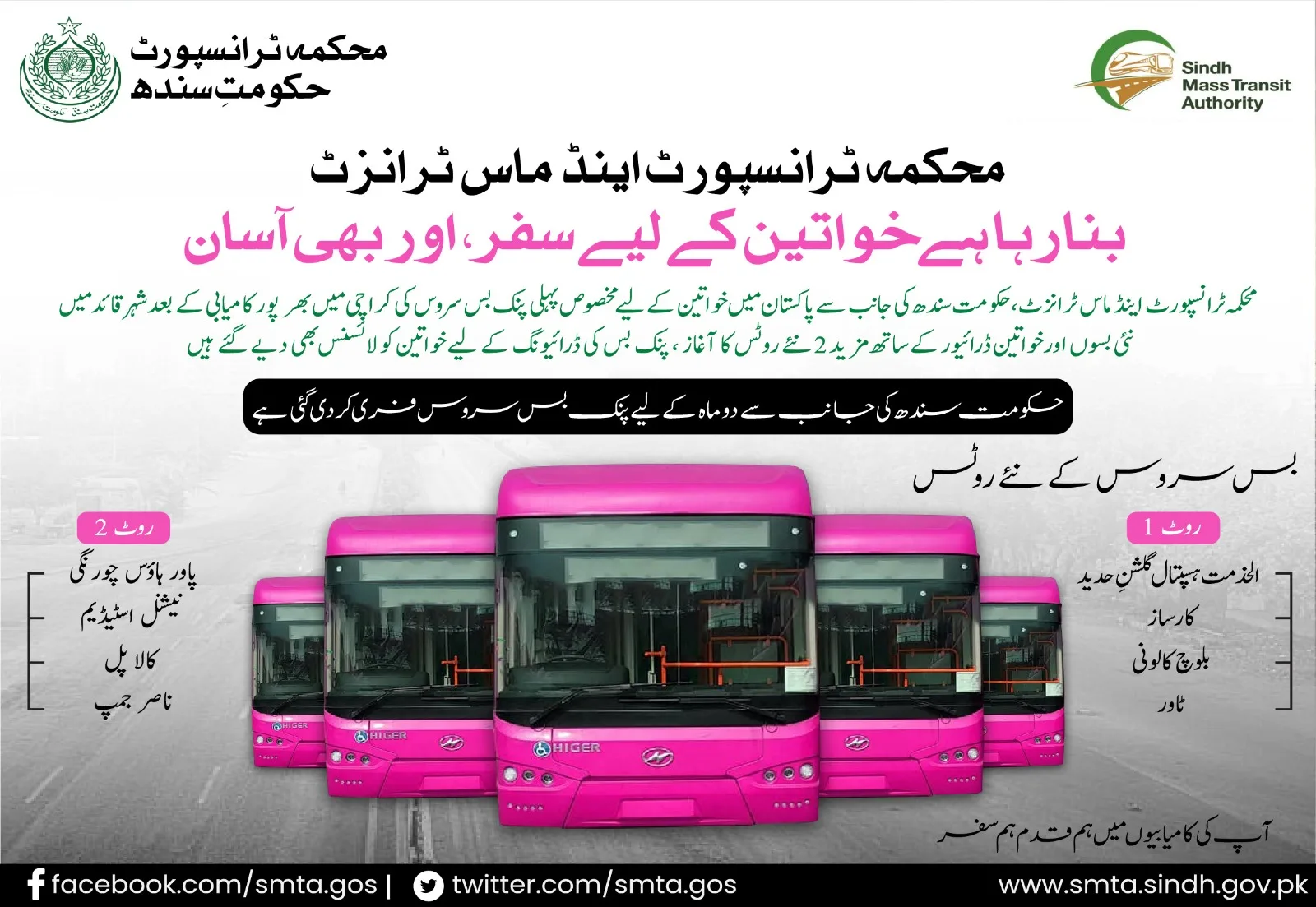Microsoft hosts discussion on post-Covid opportunities for educators

Lahore: Today Microsoft hosted an insightful discussion on the opportunity educators have to reimagine for the post-COVID world.
During the discussion, Microsoft Education Industry Lead Angela Nganga explored the various ways Microsoft is supporting educators to harness the value of education technology in hybrid learning. Nganga was joined by Khadija Amer, a representative from Microsoft customer Punjab Group of Colleges (PGC), Kaan Cetinturk, CIO & Director, Information Management & Technology Department, and Moritz Bilagher, Acting Director of Education, both from UNRWA Jordan, who shared their experiences of working with Microsoft technologies.
Digital tools support immersive education
Education fast became another casualty of COVID-19. A year into the pandemic, UNICEF reported that over 168 million children across the globe were still unable to attend school due to lockdown closures. Of those children, 9 million were in the Middle East and North Africa.
This level of disruption shone a spotlight on the lack of resilience in our global education system. We must be able to teach our children despite future disruptions and in a way that arms them for success in the Fourth Industrial Revolution and beyond. To do that, policy makers and educators will need to reimagine education.
UNICEF, ISTE, UNESCO, and the World Bank have recognized the importance of digital tools in this effort, as the tools can provide a flexible, personalized approach for students. “At Microsoft, we too believe in this power of digital tools, which can transform educational systems and support schools, teachers, and students,” says Nganga.
“We have a once-in-a-generation opportunity to reimagine education in a post-COVID world. We can take the hard-won lessons of the pandemic and use this knowledge to create a future-proof education system that serves our children and protects their future,” she adds.
Using educational analytics to inform educational strategies
Modern teaching and learning make the most of new and immersive ways to explore curricula. This reimagined education system nurtures a ‘growth mindset’ in students, emphasising future-ready skills to help them thrive in jobs not yet invented. Such a system is unafraid to use new technologies and new forms of assessment to gauge student progress. It’s a reimagining that Microsoft has brought to life through its K-12 Education Transformation Framework.
With tools such as Education Insights for Teams, educators have one place to get real-time analytics of participant progress and activity within a class team. At a glance, they can proactively track student progress, get the data they need to shape the student experience, and ensure they are meeting social and emotional as well as academic needs. The goal is never to replace the expertise of skilled teachers. AI and analytics scale and augment that expertise, freeing teachers to apply their skills in the most effective ways.
“By using data and analytics in the hybrid classroom, educators can gain unique insights into their students’ successes and struggles, and then tailor individual interventions to maximise the children’s learning opportunities,” says Khadija Amer, Director, Punjab Group of Colleges.
“Making educational opportunities more widely available using technology and a reimagined education system offers the chance for children and young people across the region to access quality education and empowers them to pursue future success,” says Moritz Bilagher, Acting Director of Education, UNRWA Jordan.
Microsoft supports education equality
Microsoft understands that a holistic digital transformation strategy is a crucial to ensuring successful outcomes for both students and educators. That’s why through its Project Constellation, the company is working with its partner-systems to develop a set of technical resources that will empower them to build capacity and pursue education analytics at a much faster pace.
Project Constellation is a collaboration between education systems dedicated to advancing the use of education analytics and AI in order to maximize learning outcomes. The goal is to build an international community with common approaches to education analytics and AI. These resources are made available publicly through an open-source community called Open Education Analytics on Github. Together, members of Project Constellation are setting the foundation for the future of broad capacity-building in education analytics across the education sector.
Helping educators implement systemic transformation
Modern teaching and learning makes the most of new and immersive ways to explore the curriculum. It nurtures a growth mindset in students, emphasizing future-ready skills to help them thrive in jobs not yet invented. It’s unafraid to use new technologies and new forms of assessment to gauge student progress. The Microsoft Education Transformation Framework is an effective, flexible platform for education transformation, with the framework offering communities of practice, software and professional development.
“Through our strategic partnership with Microsoft, we have had great success implementing hybrid and blended learning for students via Teams, ensuring a secure and seamless access to all our platforms through Microsoft’s identity solutions and security policies, upskilling our IT teams and educators on the latest technologies, and benefitting from the power of Azure to host, manage, and secure our apps,” says Kaan Cetinturk, CIO & Director, Information Management & Technology Department at UNRWA Jordan.
“The key to a transformed learning system is understanding students’ strengths and weaknesses – whether academic, emotional or social, to offer learning opportunities that resonate with them. Microsoft aims to empower education systems around the world to provide students with the best learning opportunities and improve student learning outcomes, through shared knowledge and technical resources,” says Nganga.












